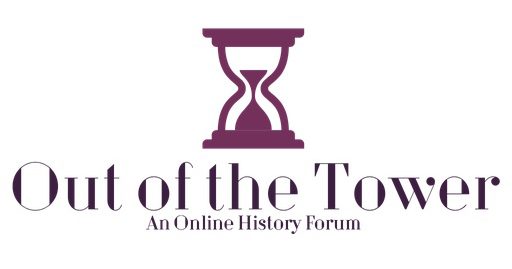I have been fascinated by witchcraft trials since I was a child. This fascination is partly rooted in a childhood that was filled with my Grandma’s stories of our ancestor who was hung as a witch during the Salem Witch Trials.[1] Today, I am more drawn to understanding the array of interpretations historians have developed to explain the phenomenon of witchcraft accusations. It is believed that the last legal execution of an alleged witch occurred in 1782 at Glarus, Switzerland.[2] Astonishingly, even before the last execution took place skepticism surrounding witch hunts developed among educated European elites. In an attempt to rationalize witch hunts, these early interpretations enlisted “monocausal” explanations blaming the trials on the alleged bigotry and ignorance of the clergy and judges. Essential to these explanations was the assumption that witch hunts occurred because of a pre-enlightened past in which irrationality and a lack of science enabled persecution. This Crucible- like interpretation is still the most widespread understanding of witchcraft trials in popular culture. [3]
